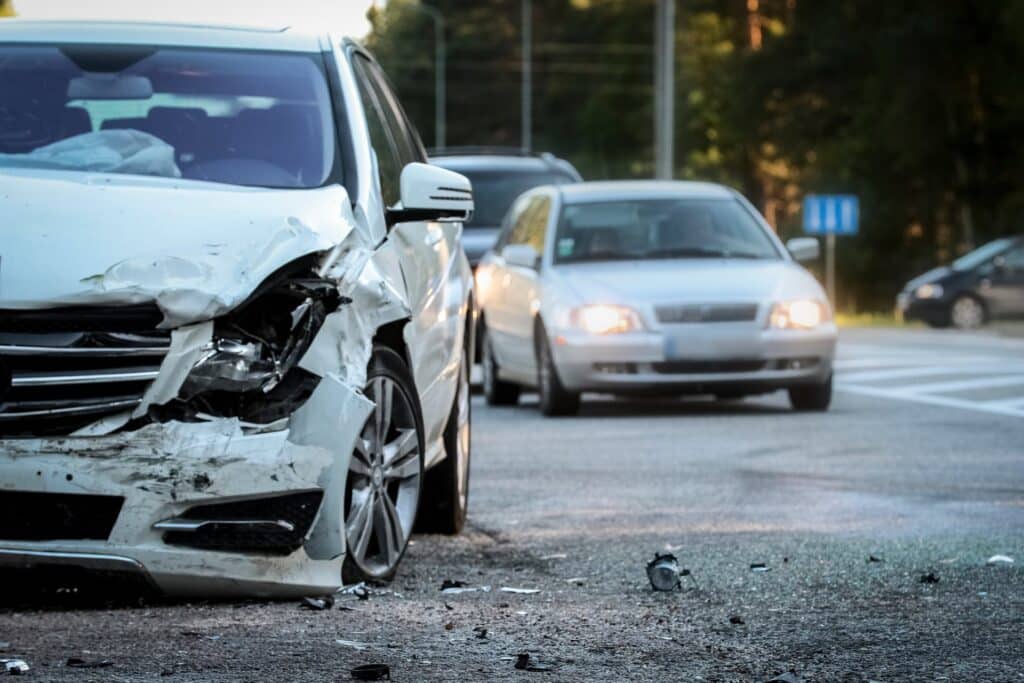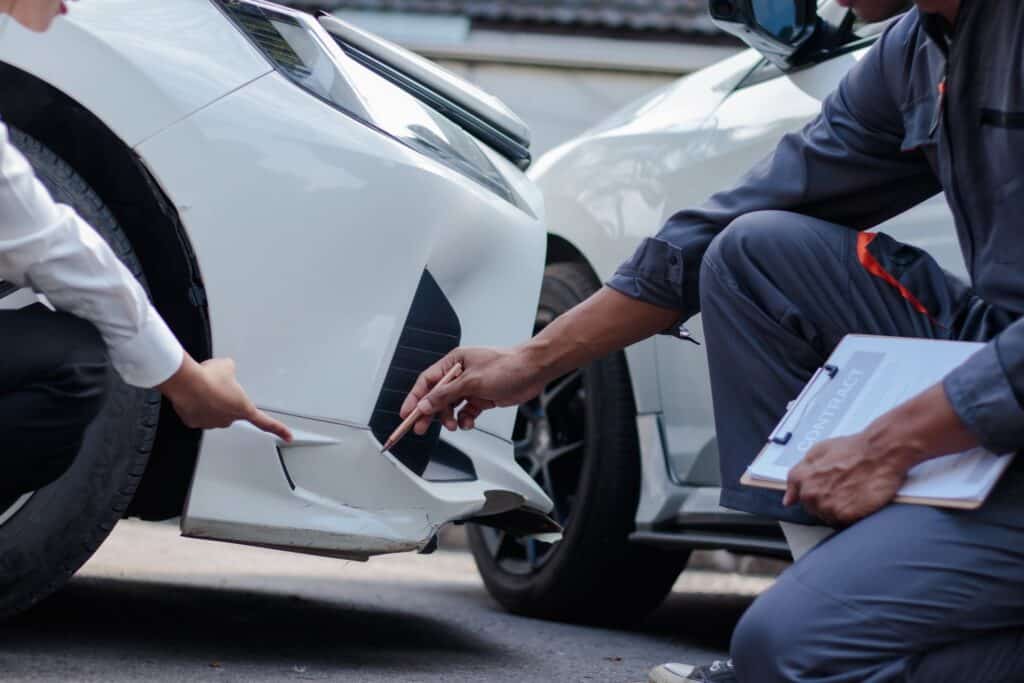After an accident, it is normal to feel confused and shocked. Your brain may be releasing adrenaline to suppress pain and help you get out of danger. During this time, the logic and reason side of your brain will not be working as fast as your emotional side. That’s why it is important to know the laws that apply to car accidents in Washington State. There are requirements that you must follow when reporting property damage or personal injury. Understanding those requirements now can help you react better once you’re in the moment.
This article will discuss what to do if you experience an accident, what to do if you or your passenger is injured, and when you are strictly required to report to the police and your insurance agency.
Three of the most immediate questions you may have after an accident are:
- Under what circumstances am I required to report an accident?
- What is the deadline for reporting a personal injury? And;
- What can I do at the scene to ensure my side of the story is told?
When Am I Required To Report An Accident?
Most states have different laws regarding when an accident must be reported. As a general rule of thumb, it is always a good idea to call the police and have them fill out an accident report after a collision. There are several reasons to do this. For one, it may be required by law. For another, it may become important evidence in your insurance claim or personal injury lawsuit.
There are some times, however, when the police may not be able to come to the scene. This is common if the accident is very minor. A situation like this leaves you in a position where it’s up to you whether or not to report the accident. The important information to remember in this situation is that you are legally required to file an accident report with the DMV if anyone is injured, anyone is dead, or if there is $1000 in property damage.
What’s more, both drivers involved in the incident have four days to submit their reports, or they are in violation of Washington State law. To file your report, you can go to this website and fill out the following information:
- Your name, address, and driver’s license number
- Your vehicle registration number
- Details on your current insurance coverage
- An explanation of what happened in the accident
- And the weather conditions on the road.
What Is The Deadline For Reporting A Personal Injury?
If you are injured at the site of a car accident, it is important that you seek medical treatment right away. All too often, people forgo a medical examination because they think they’re okay or they’re too embarrassed by the part they played in the incident. Most of the time, people want to go home and be with loved ones after a scary event. And the idea of visiting a doctor immediately is not a pleasant thought. The good news is you have some time.
Most insurance companies request a medical examination within three days of the accident to document your injuries for posterity. If you wait longer, the validity of your injuries could be questioned by the other driver’s insurance company or their legal defense team. Many insurance companies do not have a statute of limitations when it comes to car accidents, but they do advise that promptness is key. Check with your insurance company to find out their specific policy.
The State of Washington does have steadfast laws regarding the statute of limitations for a personal injury claim, however. The timeframe in which a personal injury must be reported is within three years of the accident. As with the insurance companies, you will find it much easier to prove your side of the story if you file quickly. Your lawyer will advise you on when and how to make your claim.
What Can I Do At The Scene To Ensure My Side If The Story Is Told?
If you are in an accident, particularly one that the police cannot make it to, you should document everything about the incident immediately. Take pictures of the damage to property, injuries to individuals, the position of the vehicles, the conditions of the roads, and any road signs nearby. You may even request the names and contact information of any witnesses on the scene. This evidence will be extremely useful for your insurance and personal injury claims later on. By collecting your own evidence and submitting it to a medical evaluation as soon as possible, you can ensure that your side of the story is told.
If you’ve been in an accident, don’t hesitate to contact the experts at NBF Accident Law. We want to hear your case. Call today at (206) 923-8888.








